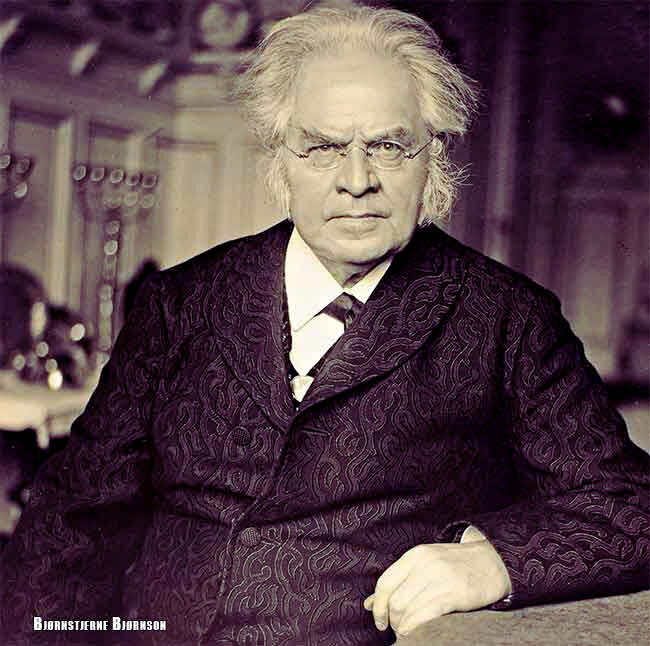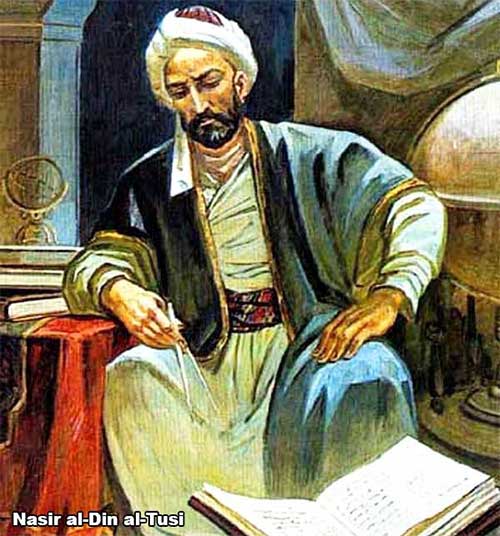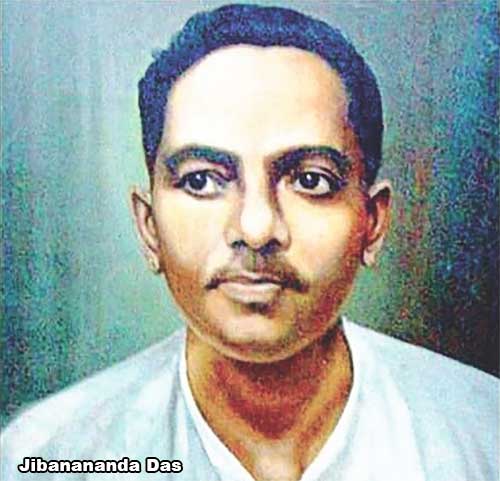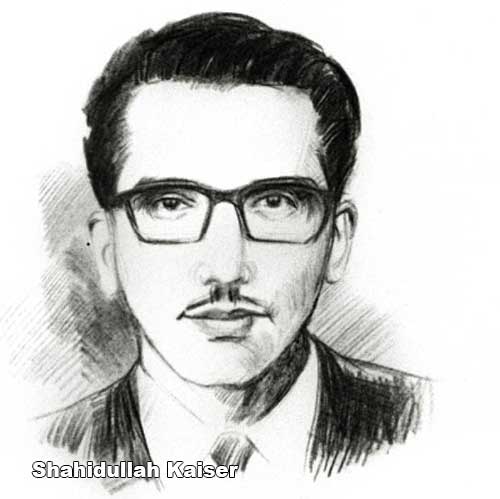
Bjørnstjerne Bjørnson, a towering figure in Norwegian literature and culture, was not just a writer but also a passionate advocate for national identity and social reform. Born on December 8, 1832, in Kvikne, Norway, Bjørnson's work laid the foundation for modern Norwegian literature and inspired generations of artists and thinkers. His contributions extend far beyond his literary achievements, touching upon themes of freedom, equality, and the preservation of cultural heritage.
Early Life and Literary Beginnings
Bjørnstjerne Bjørnson's childhood in rural Norway greatly influenced his worldview and literary pursuits. Growing up in a pastoral environment, he developed a deep connection with nature and Norwegian traditions. These elements became integral to his writings, reflecting the beauty and struggles of rural life.
Bjørnson's literary career began earnestly when he moved to study in Oslo (then called Christiania). Inspired by the works of Henrik Wergeland and influenced by his contemporaries, Bjørnson soon discovered his talent for storytelling. His early works, including Synnøve Solbakken, captured the essence of Norwegian peasantry and earned him widespread acclaim.
The Birth of Norwegian National Romanticism
Bjørnson pioneered Norwegian National Romanticism, a movement that sought to celebrate Norway's unique cultural identity. During the 19th century, Norway strived to assert its independence and separate identity from Denmark and Sweden. Bjørnson's works played a significant role in this cultural awakening, emphasizing Norway's distinct history, folklore, and traditions.
One of Bjørnson's most enduring contributions to Norwegian nationalism was writing the lyrics to Ja, vi elsker dette landet (Yes, We Love This Land), which eventually became Norway's national anthem. The poem encapsulates the spirit of a nation striving for freedom and unity, resonating deeply with Norwegians during pivotal moments in their history.
Exploring Universal Themes Through Literature
While Bjørnson's early works focused on Norwegian rural life and national identity, his later writings expanded to address universal themes of justice, morality, and human rights. His plays, novels, and poetry often explored individuals' struggles against societal norms, advocating for personal freedom and social equality.
Notable Works
• The Fisher Girl (Fiskerjenten): This novel follows the journey of a young woman seeking self-discovery and independence, reflecting Bjørnson's belief in individual empowerment.
• Beyond Human Power (Over Ævne): A two-part drama examining the intersection of faith and human limitation, this work delves into philosophical questions about religion, power, and morality.
• A Happy Boy (En glad Gut): Another celebration of rural life, this novel portrays the joys and struggles of a young boy in a Norwegian village, blending realism with a touch of idealism.
Advocacy for Social Reform
Bjørnstjerne Bjørnson was as much a social activist as he was a writer. He used his platform to speak out against injustice and champion causes like women's rights, universal suffrage, and freedom of expression. His progressive views often put him at odds with the conservative establishment, but Bjørnson remained steadfast in his convictions.
Women's Rights
Bjørnson was an early advocate for gender equality, arguing that women deserved the same educational and professional opportunities as men. His support for women's suffrage and independence made him a forward-thinking voice in an era when such views were far from mainstream.
Human Rights
Bjørnson's commitment to human rights extended beyond Norway. He was vocal in his support for oppressed groups across Europe, including the Poles and the Hungarians. His internationalist perspective underscored his belief in humanity's interconnectedness and the importance of solidarity in the fight against oppression.
Recognition and Legacy
Bjørnstjerne Bjørnson's literary and social contributions earned him international recognition. In 1903, he was awarded the Nobel Prize in Literature for his profound influence on modern storytelling and his ability to combine realism with idealism. This honor cemented his place as one of the most influential writers of his time.
Connection to Other Visionaries
Bjørnson's legacy is often discussed alongside other great minds who shaped their fields. For instance, "Johannes Diderik van der Waals A Trailblazer in Physics and Molecular Science" reminds us of the parallel journeys of innovators who pushed boundaries in their respective disciplines. Similarly, Bjørnson's work transcended traditional literary confines, influencing social, cultural, and political spheres.
Bjørnson's Impact on Norwegian Language and Culture
Bjørnson was a staunch advocate for the development of a distinct Norwegian language. During his time, Norway was heavily influenced by Danish rule due to centuries of Danish rule. Bjørnson and contemporaries like Henrik Ibsen supported efforts to cultivate a language that reflected Norway's unique heritage.
Through his writings, Bjørnson showcased the richness of Norwegian folklore, dialects, and landscapes, helping to preserve these elements for future generations. His influence on modern Norwegian literature cannot be overstated; he inspired countless writers to embrace their cultural roots while exploring universal themes.
A Life of Complexity
While Bjørnson is celebrated for his achievements, he was also controversial. His outspoken nature and progressive views often made him a polarizing personality in Norway and beyond. He was unafraid to challenge authority, question tradition, and provoke debate, earning admiration and criticism.
Continuing Relevance
More than a century after he died in 1910, Bjørnstjerne Bjørnson's work remains relevant. His themes of freedom, equality, and cultural pride resonate in an increasingly interconnected world. As nations grapple with questions of identity and inclusivity, Bjørnson's writings serve as a reminder of the power of literature to inspire change and foster understanding.
Conclusion
Bjørnstjerne Bjørnson was more than a poet or playwright; he was a visionary whose work shaped Norway's cultural and political landscape. His unwavering commitment to justice, equality, and the preservation of national identity made him a trailblazer of his time. Bjørnson's legacy endures in his literary masterpieces, advocacy for social reform, and contributions to the Norwegian language and culture. As we celebrate his life and work, we are reminded of the timeless power of words to connect, challenge, and inspire.
#BjørnstjerneBjørnson #NorwegianLiterature #NationalRomanticism



